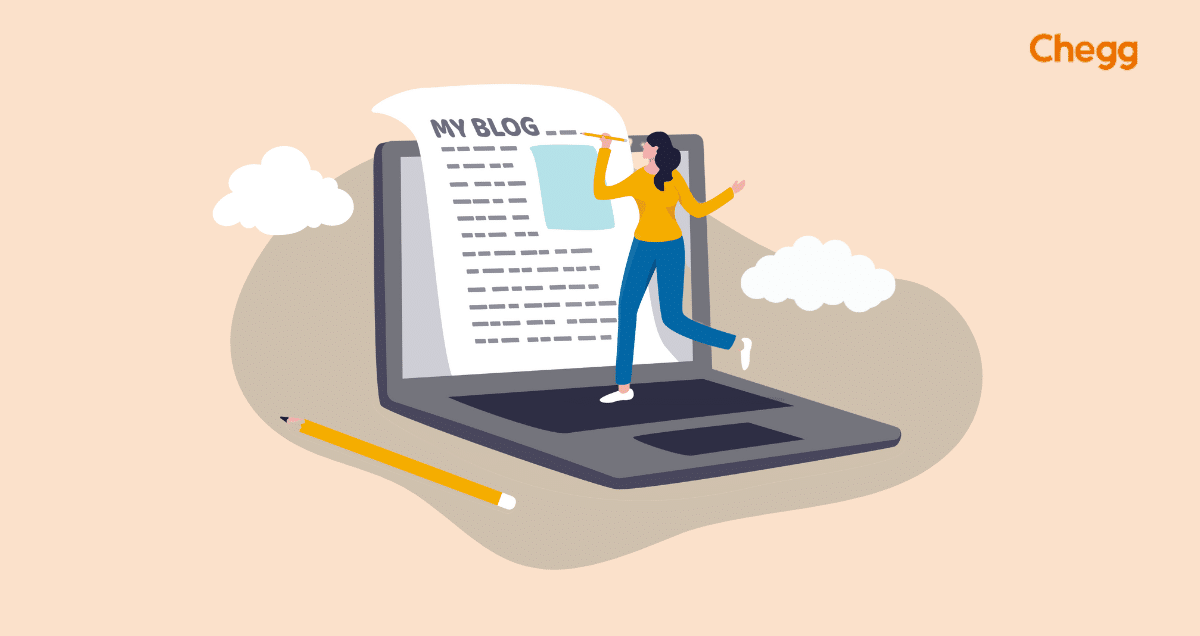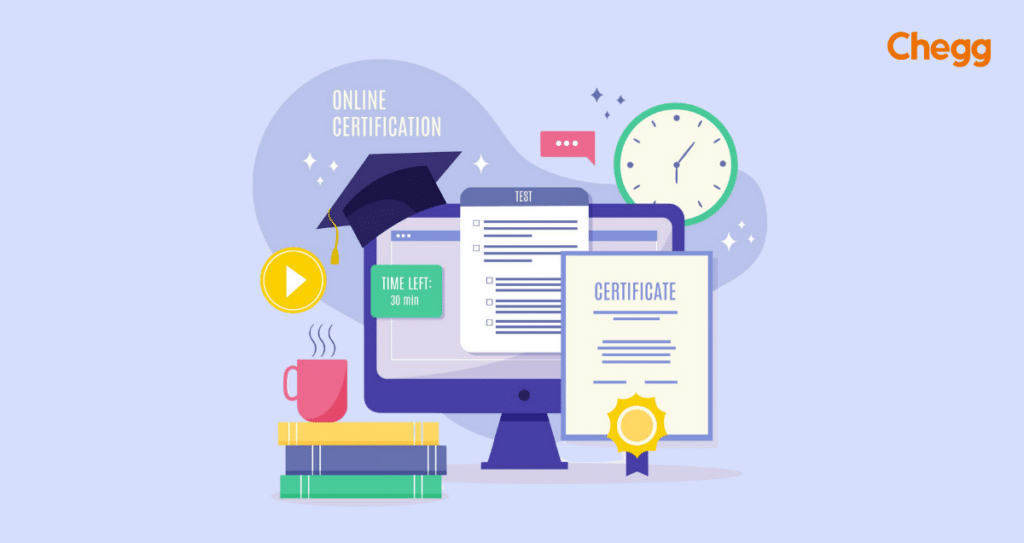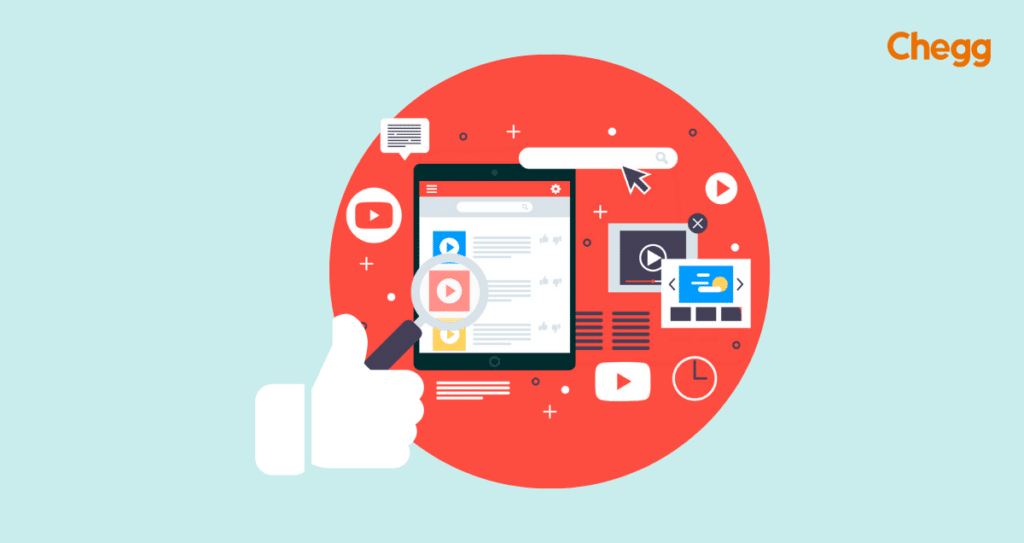
Table of Contents
In today’s digital age, personal blogging has become a great way to share your thoughts, experiences, and passions with the world. It’s also an excellent way to build your personal brand and make money online.
As per recent statistics, there are over 600 million blogs on the internet, and the numbers are only increasing with time. Some of the most popular bloggers like Arianna Huffington and Perez Hilton have leveraged the potential of personal blogging to build their successful careers.
Creating your personal blog may seem daunting, but it is a lot easier than you think. In this article, we will take you through five simple steps to create your personal blog without any coding knowledge. We’ll also provide tips on how to write a personal blog and monetize it. Whether you’re a student, a professional, or just someone who wants to share their life journey, read on to know how to start your personal blog today.
What is a Personal Blog?
A personal blog is a type of blog that an individual creates and maintains, where they can share their thoughts, experiences, and interests with the world. These blogs usually focus on a specific niche, such as about own life, travel, food, or personal development. Examples of such blogs include The Blonde Abroad and Cupcakes and Cashmere. Students can also start their own blogs using free WordPress blog themes for blogs and host them on their own blog website or Instagram. Writing a personal blog is a great way to connect with like-minded individuals and share your stories with others.
Reasons To Start Personal Blogging
In recent years, blogging has become a popular way for people to express themselves online. Here are some reasons why you should start your own blogging:
To Express Your Ideas
Personal blogging is an excellent way to share your thoughts, ideas, and experiences with others. By writing about your passions, you can develop your voice and share your unique perspective with the world.
To Create a Personal Brand
Personal blogging allows you to create a personal brand that can help you establish yourself as an authority in your niche or industry. By sharing your expertise and insights, you can build a loyal following and connect with like-minded individuals.
To Get Used to Technology
Personal blogging is an excellent way to get used to technology and experiment with different tools and platforms. By exploring different themes and plugins, you can create a customized blog that reflects your personal style and interests.
To Improve Your Writing
By writing regularly, you can improve your writing skills and develop a consistent writing style. Personal blogging also provides a platform for you to receive feedback on your writing and learn from others.
To Connect with New People
Personal blogging can help you connect with new people who share your interests and passions. By commenting on other blogs and engaging with readers, you can build a community of followers and expand your network.

Steps To Create a Personal Blog
Starting a personal blog can be a fun and exciting experience. Here are some steps you can follow to create your own blog:
Buy Hosting and Domain Name
To get started, you’ll need to choose a web hosting service and a domain name for your blog. This will give you a place to host your blog and a unique web address for your readers to find you. There are many options available and it’s important to choose a reliable hosting provider that can handle your blog’s traffic.
Install WordPress
Once you have a hosting service and domain name, you can install WordPress, which is a popular and user-friendly platform for creating blogs. Many hosting services offer one-click WordPress installation, making the process quick and easy. WordPress is also highly customizable, allowing you to choose from a variety of free WordPress themes for personal blogs to make your blog layout look unique.
Start Creating Blogs
Once you have set up your blog, it’s time to start creating content. Choose a topic or niche that you are passionate about and start a blog. Personal blogs about life are a popular choice, but you can also write about a hobby, interest, or expertise.
Optimize Your Blogs
To make your blogs more readable and SEO-friendly, optimize them for search engines. This includes using keywords, adding images and videos, and formatting your content to make it easy to read.
Promote Your Blogs
Finally, promote your blogs to attract readers. Share your blog posts on social media, comment on other blogs in your niche, and engage with your readers to build a loyal following.
Ways To Monetize Your Personal Blog
If you’re looking to turn your personal blog into a source of income, there are several ways to monetize your content. Here are some popular options:
Affiliate Marketing
Affiliate marketing is a strategy that entails promoting products or services through your blog. It helps you to earn a commission on any sales generated via your unique affiliate link. This method is a widely used means of monetizing personal blogs and can be particularly profitable if you have a large audience. Several well-known affiliate programs include Commission Junction, Amazon Associates, and ShareASale.
Run Google Ads
Another way to monetize your personal blog is by displaying Google Ads on your website. Every time a visitor clicks on one of these ads, you get paid. The amount you can earn per click depends on the ad and the advertiser. You can make a lot of money if you get a lot of clicks.
Provide Subscription-based Content
If you have a loyal following, you can offer premium content to your readers in exchange for a monthly or annual subscription fee. This can include exclusive blog posts, access to webinars or other premium content that your readers are willing to pay for.
Paid Reviews of Other’s Products or Services
If you have a large following, you can offer paid reviews of other people’s products or services. This can be a lucrative way to monetize your blog. But, it’s important to be transparent with your readers and only promote products or services that you truly believe in.
Create and Sell Online Courses
If you have expertise in a particular area, you can create an online course and sell it through your blog. This can be a great way to earn passive income while sharing your knowledge with others.
Other ways to monetize your personal blog include sponsored content, selling digital products such as e-books or printables, and offering coaching or consulting services.
The earning potential for each monetization method varies depending on factors such as your blog’s niche, your audience size, and the amount of effort you put into monetizing your blog. However, with dedication and hard work, it’s possible to earn a full-time income from your personal blog.
Tips for Personal Bloggers
Personal blogging can be a fun and rewarding experience, but it also requires effort and consistency to build a successful blog. Here are some tips for personal bloggers:
Choose the Blog Template Carefully
Choose a template that aligns with your personal brand and style. Ensure that it is mobile-friendly and easy to navigate for your readers.
Be Consistent
Consistency is key in blogging. Set a schedule for when you will post and stick to it. Your readers will come to expect new content from you, and consistency can help you build a loyal audience.
Create a Content Calendar for Ease
Creating a content calendar can help you plan your blog posts and ensure that you always have fresh ideas for new content.
Optimize Your Blogs for SEO
Ensure that your blog posts are optimized for search engines. Use relevant keywords and meta descriptions to improve your chances of being discovered by new readers.
Create an Email List
Building an email list can help you stay connected with your readers and promote your blog to a wider audience. Offer exclusive content or incentives to encourage readers to sign up.
Engage with Your Audience
Respond to comments and engage with your readers. Building a community around your blog can help you grow your audience and establish yourself as an authority in your niche.
Share on Social Media
Promote your blog posts on social media platforms like Facebook, Instagram, and Twitter. This can help you reach a wider audience and attract new readers.
By following these tips, you can create a successful personal blog that resonates with your readers and helps you achieve your goals.
Also Read: Maximize Your Money Potential with Personal Financial Planning
Blogging as a Lucrative Career Choice
In conclusion, blogging has emerged as a viable and lucrative career choice in today’s digital age. It is not only a means of expressing oneself but also a way to make money and build a personal brand. Moreover, with the help of free WordPress themes for personal blogs, starting a personal blog has become easier than ever before.
Personal blog examples for students and personal blogs about life are great ways to share your experiences and connect with like-minded people. Social media platforms like Instagram have also become a hub for personal blogs.
If you’re thinking about starting a personal blog, you can follow the tips on how to write a personal blog mentioned in this article. With dedication and effort, a blog can become a valuable asset to your personal brand and even provide a source of income. So why not start your own personal blog website today and see where it takes you?
Want to earn money in the comfort of your home? Dive into our guide to Online Jobs.
Frequently Asked Questions(FAQs)
What does a Personal Blog mean?
A personal blog is a type of online platform where you can write and share your thoughts, experiences, opinions, and interests with the world. It is a space where you can express yourself freely and creatively, and connect with others who share similar interests or experiences. Personal blogs can cover a wide range of blog topics, from food and travel to fashion, music, politics, and more. Blogging can be a fun and fulfilling way to share your voice and ideas with a global audience.
How to Start a Personal Blog?
To start a Personal Blog, you need to choose a blogging platform, such as WordPress or Blogger, and select a domain name and hosting provider. Then, you can customize the design of your blog and start creating content by writing posts and publishing them on your blog.
How does a Personal Blog help earn money?
Personal Blogging can help earn money through various ways such as affiliate marketing, sponsored content, advertising, and selling products or services. However, it requires a significant amount of time, effort, and consistency to build a large audience and earn a substantial income.
What are popular niches for Personal Blogging?
Popular niches for Personal Blogging include lifestyle, travel, food, fashion, beauty, fitness, DIY and crafts, and personal development. These niches are often highly competitive, but they also have a large audience and potential for monetization.
How much can I earn from Personal Blogging?
The amount you can earn from Personal Blogging varies depending on various factors such as your niche, audience size, and monetization strategy. As per statistics, some bloggers earn a few hundred dollars per month. However, it’s important to understand that blogging is not a quick way to get rich. To succeed, you need to put in a lot of effort and stay committed.
Other related reads
To read more related articles, click here.
Got a question on this topic?



